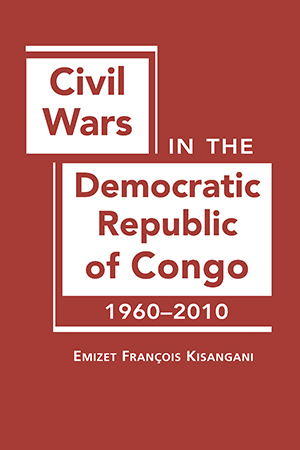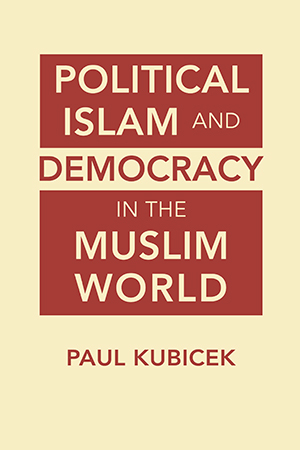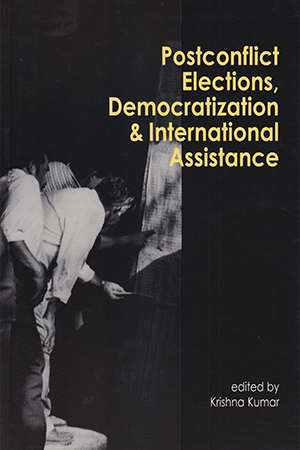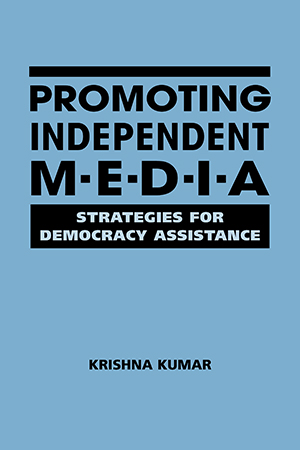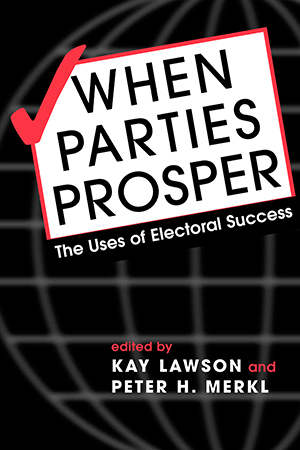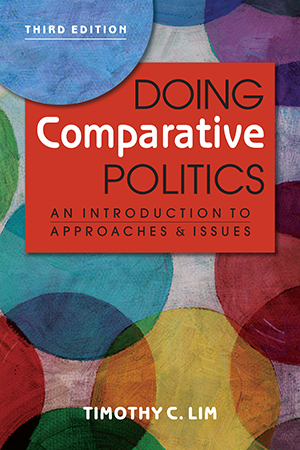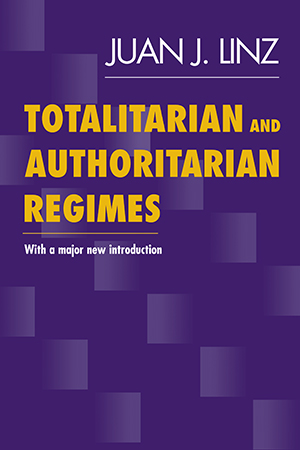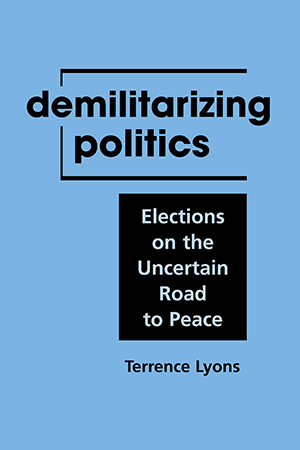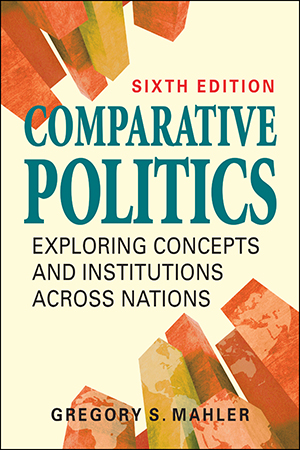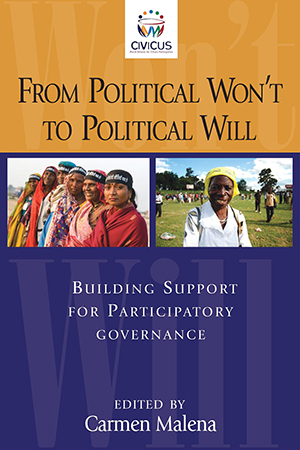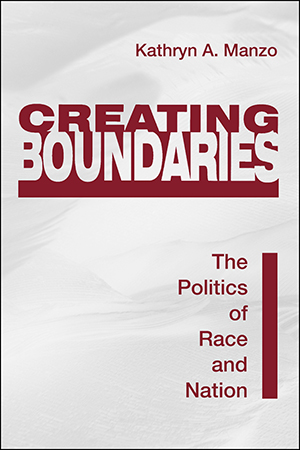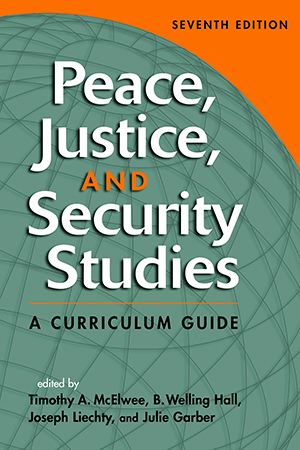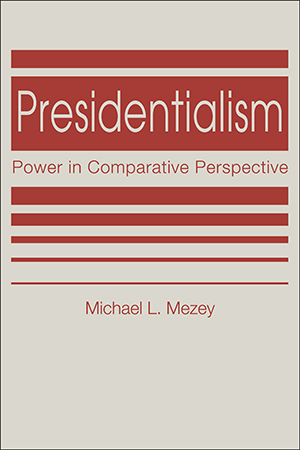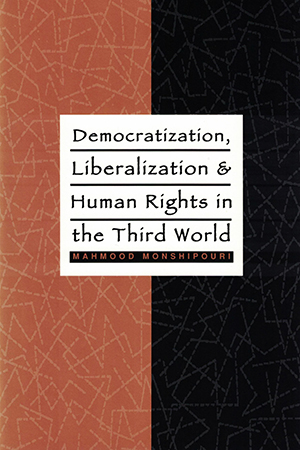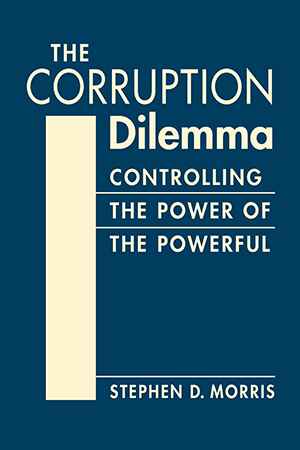Comparative Politics (general books)
Wars of secession, ethnic wars, rebellions, and mutinies have been part of the political landscape of the Democratic Republic of Congo since the country became independent in 1960. More >
Belying assertions of the incompatibility of Islam and democracy, many Muslim-majority countries are now or have been democratic. Paul Kubicek draws on the experiences of those countries to More >
On the Humanitarian Times list of the Top Ten Books of 1998! With the resolution of intrastate conflicts in Africa, Central America, and Southeast Asia, and with new hope for the peaceful More >
Krishna Kumar surveys the nature and significance of international aid designed to build and strengthen independent news media in support of democratization and development. Providing the More >
Have parties, and party systems, come back to life in the twenty-first century? Are they capable of playing their roles in ways that will foster rather than betray the public interest? These More >
This systematic, user friendly, and refreshingly unusual introduction to comparative politics has not only been updated and refined in the third edition, but also fully revised to reflect More >
In this classic work, noted political sociologist Juan Linz provides an unparalleled study of the nature of nondemocratic regimes. Linz's seminal analysis develops the fundamental More >
With the increasing use of elections as a tool for peacebuilding after civil war, the question of why some postconflict elections succeed and others fail is a crucial one. Tackling this More >
Among the many tools available for teaching comparative politics, Gregory Mahler's text stands out for its unique exploration of concepts, structures, and illustrative cases. The More >
Citizens in both the North and the South lack opportunities, rights, and access to information and have expressed growing disillusionment with their governments. Ordinary citizens More >
This imaginative and ambitious book takes issue convincingly with common conceptions about the relationship—or lack of relationships—among race, nationalism, and religion. Manzo More >
Fully revised to reflect the realities of the post–September 11 world, this acclaimed curricular reference provides a comprehensive review of the field of peace, justice, and security More >
In countries as diverse as Brazil, Ecuador, France, Russia, South Africa, and the United States, presidents have come to dominate the politics and political cultures of their nations. More >
Abrupt democratization in Third World countries does not always result in enhanced human rights. Mahmood Monshipouri argues that human rights in fledgling democracies are most likely to be More >
Continuing his deep study of the nature of political corruption, in his new book Stephen Morris confronts a fundamental dilemma: How can we control power, when power essentially determines More >


